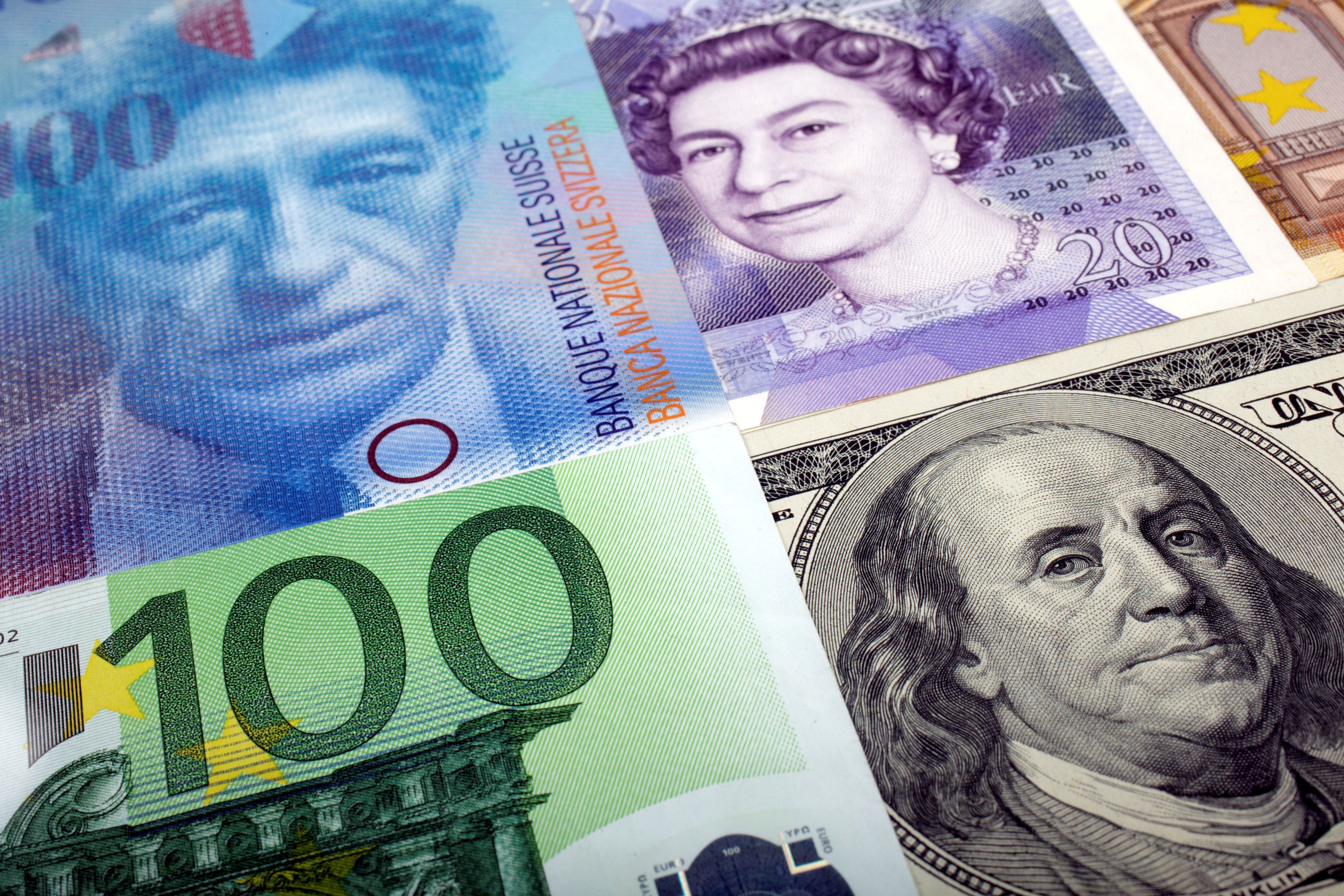Pension funds and other 'non-bank' financial firms have more than $80 trillion of hidden, off-balance sheet dollar debt in FX swaps, the Bank for International Settlements (BIS) said.
The BIS, dubbed the central bank to the world's central banks, also said in its latest quarterly report that 2022's market upheaval had largely been navigated without major issues.
Having repeatedly urged central banks to act forcefully to dampen inflation, it struck a more measured tone and picked over crypto market troubles and September's UK bond market turmoil.
Its main warning concerned what it described as the FX swap debt "blind spot" that risked leaving policymakers in a "fog".
FX swap markets, where for example a Dutch pension fund or Japanese insurer borrows dollars and lends euro or yen before later repaying them, have a history of problems.
They saw funding squeezes during both the global financial crisis and again in March 2020 when the COVID-19 pandemic wrought havoc that required central banks such as the U.S. Federal Reserve to intervene with dollar swap lines.
The $80 trillion-plus "hidden" debt estimate exceeds the stocks of dollar Treasury bills, repo and commercial paper combined, the BIS said. It has grown from just over $55 trillion a decade ago, while the churn of FX swap deals was almost $5 trillion a day in April, two thirds of daily global FX turnover.
For both non-U.S. banks and non-U.S. 'non-banks' such as pension funds, dollar obligations from FX swaps are now double their on-balance sheet dollar debt, it estimated.
The missing dollar debt from FX swaps/forwards and currency swaps is huge," the Switzerland-based institution said, adding the lack of direct information about the scale and location of the problems was the key issue.










